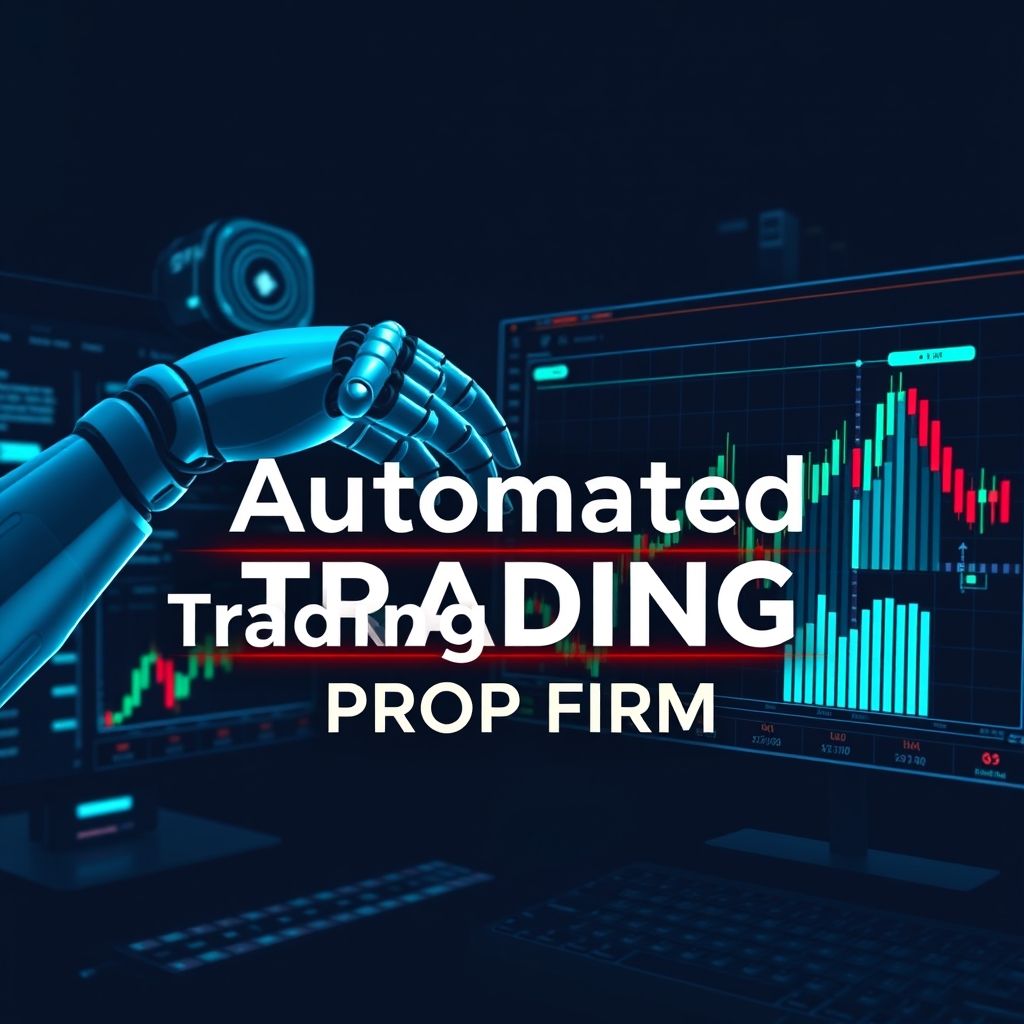Automated Trading Prop Firm: Does Prop Trading Support Bots or Automation?
In the fast-paced world of prop trading, automation is becoming increasingly common. Many traders now ask a critical question before signing up: Does an automated trading prop firm allow bots, EAs, or algorithmic strategies?
The short answer is yes—but with conditions. Understanding the policies, limitations, and technicalities can help you make the most of automation while staying compliant.
The Rise of Automation in Prop Trading
Over the last few years, algorithmic trading has grown rapidly. With access to advanced platforms, trading APIs, and scripting tools, retail and funded traders are exploring automation to enhance speed, precision, and consistency.
In a typical automated trading prop firm, automation refers to using bots, expert advisors (EAs), or custom scripts to execute trades. These systems help eliminate emotional decisions and ensure strategies are executed precisely as planned.
However, not all prop firms allow this approach, and those that do—like Larsa Capital—often enforce clear guidelines.
Does Every Prop Firm Allow Bots?
The answer depends on the firm’s rules and tech infrastructure. Some firms prohibit full automation due to concerns about latency arbitrage, toxic flow, or server abuse. Others, like Larsa Capital, allow bots as long as they comply with evaluation criteria and fair usage policies.
If you’re considering automated trading, you must:
-
Review the firm’s terms of service
-
Ensure the bot doesn’t overload servers or trigger anti-scalping filters
-
Avoid strategies that rely on data feed manipulation or delay-based arbitrage
Most importantly, your automation must follow all trading rules—like profit targets, max drawdown limits, and minimum active days—especially during evaluations.
Key Rules in an Automated Trading Prop Firm Environment
Working within an automated trading prop firm environment requires traders to take responsibility for how bots behave. Automation doesn’t excuse violations.
Common rules to monitor include:
-
Daily drawdown limits
-
Maximum leverage used
-
Trade holding duration
-
Number of trades opened per second
-
Fairness of execution (no latency exploitation)
At Larsa Capital, automated trading is supported under strict compliance. Bots must behave within normal parameters, and traders are expected to maintain control over them. You should always test your automation thoroughly on a demo or evaluation account before going live.
Best Practices for Bot Traders in Prop Firms
Automated traders should treat bots like employees. You don’t just set and forget—you monitor, adjust, and improve performance.
Here are proven best practices:
-
Backtest across multiple market conditions
-
Use VPS or cloud-based hosting for reliability
-
Monitor real-time performance daily
-
Implement built-in risk limits in the code
-
Keep logs of bot activity for review
These habits ensure the automation runs smoothly and reduces the risk of violating firm rules.
Why Larsa Capital Supports Automation
Larsa Capital understands the power of automation and gives traders the flexibility to use it—as long as it aligns with fair practices. Automation can be a powerful tool when combined with discipline and rule awareness.
Whether you’re building a custom EA in MetaTrader or using Python-based trading scripts, Larsa Capital supports responsible innovation. This forward-thinking approach makes it a trusted choice for traders seeking freedom and structure in one place.
Final Thoughts
An automated trading prop firm model can be the perfect solution for algorithmic traders, but only when used responsibly. Before diving in, confirm the rules, test your setup, and build risk controls into your system.
With the right foundation, automation can elevate your trading performance—and Larsa Capital provides the platform to make it happen.

